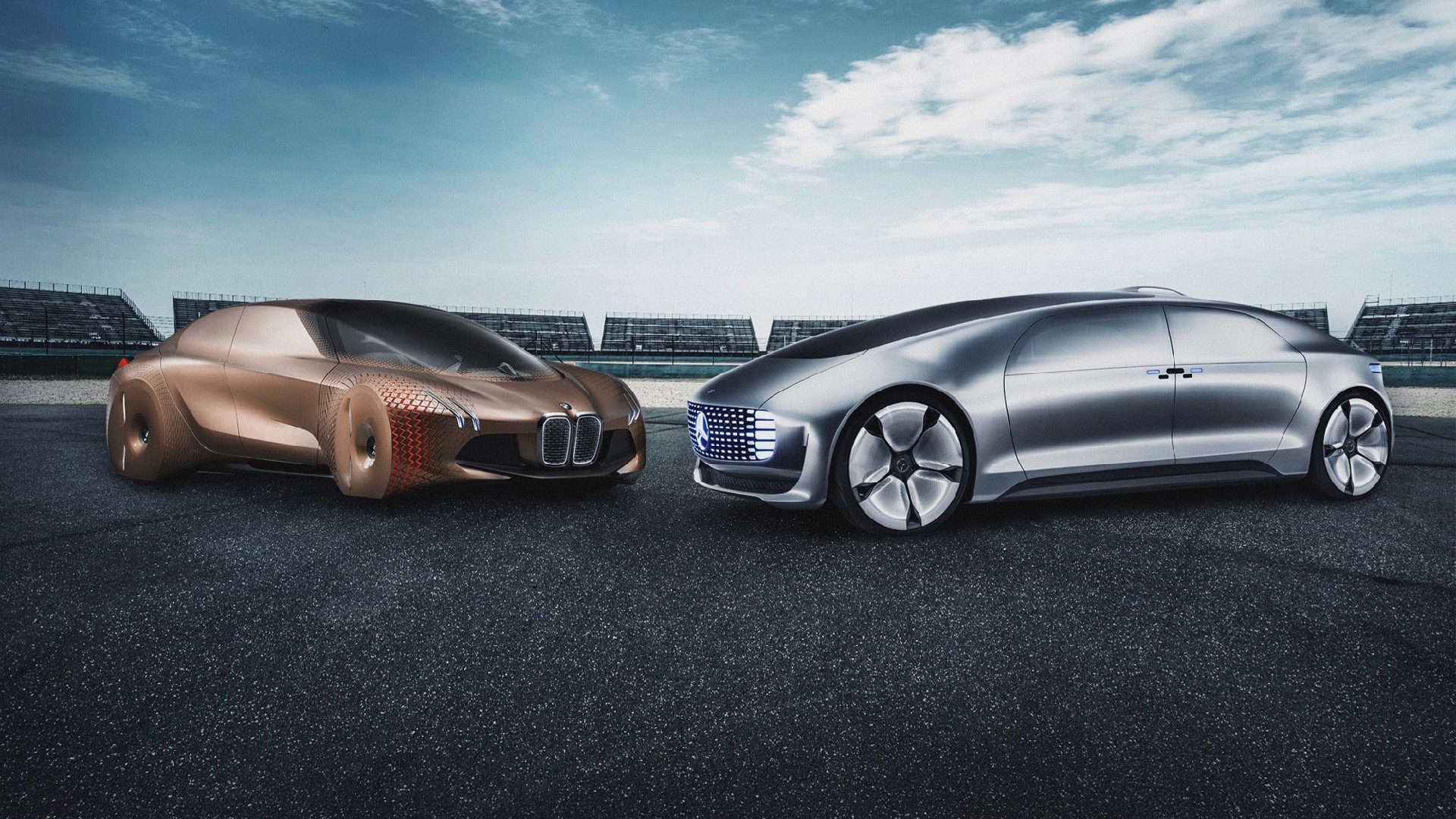

Archrivals BMW and Daimler and now feeling the spirit of cooperation. Shortly after announcing that they would invest a combined $1.1 billion in a mobility-service joint venture, the two German automakers announced plans to team up on autonomous-driving tech.
In a press release, the two companies said they view the partnership as a long-term affair. BMW and Daimler will initially focus on driver-assistance systems, gradually moving toward more advanced systems that allow “automated driving on highways.” The partnership could also include “higher levels of automation, both on highways and in urban areas,” the automakers said. This relatively conservative language is a bit different from the bold claims of fully autonomous production cars we’ve heard from automakers in the past.
Why should two fierce competitors team up to develop what is expected to be a key new technology for the auto industry? BMW and Daimler said the partnership will allow them to pool resources, as well as speed up product-development cycles. Automakers are expected to spend massive amounts of money on autonomous driving and other emerging technologies over the next few years, so any way to spread out costs will be vital to maintaining profitability. The relatively slow product cycles for cars also need to be brought in line with those of the tech features that have become such an important part of new cars.
Both BMW and Daimler are already working on self-driving cars independently. Daimler is working with supplier Bosch to launch an autonomous-driving pilot program in San Jose, California. When the program launches later this year, passengers will be able to hail prototype autonomous cars in certain parts of the city.
BMW is working with Intel and other companies to develop a brand-agnostic autonomous-driving platform that can be sold to other automakers. The German firm has said that its iNext electric SUV, due in 2021, will have some degree of automation. However, that will likely take the form of a more advanced driver-assist system, rather than a true autonomous-driving system.